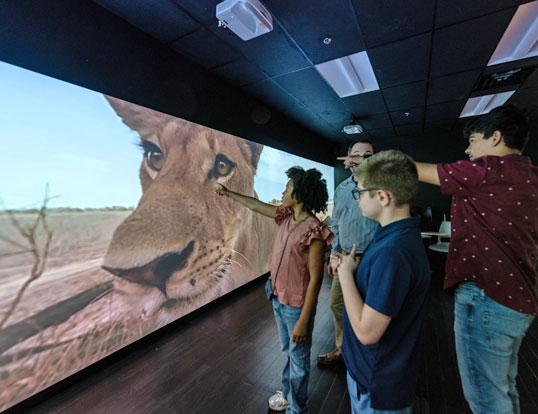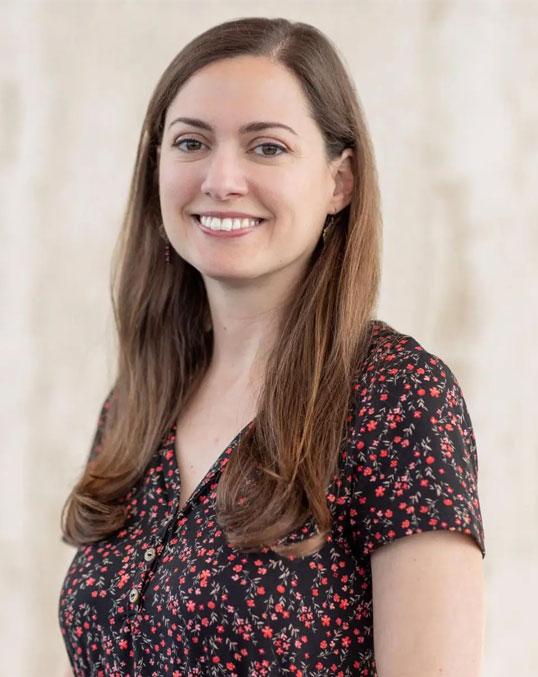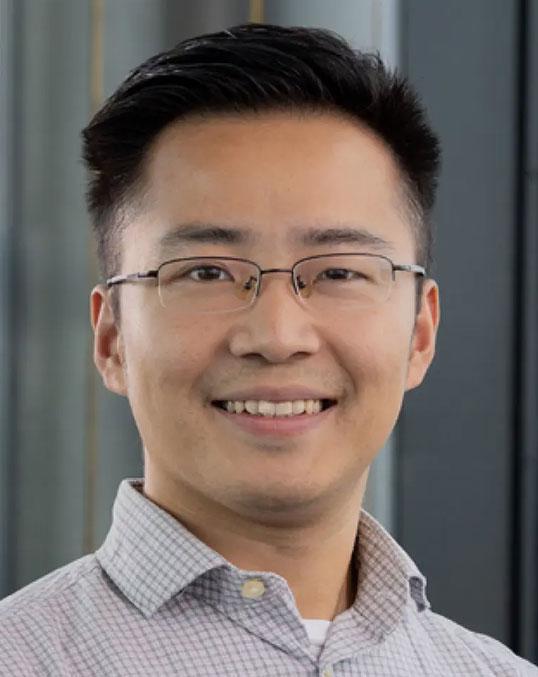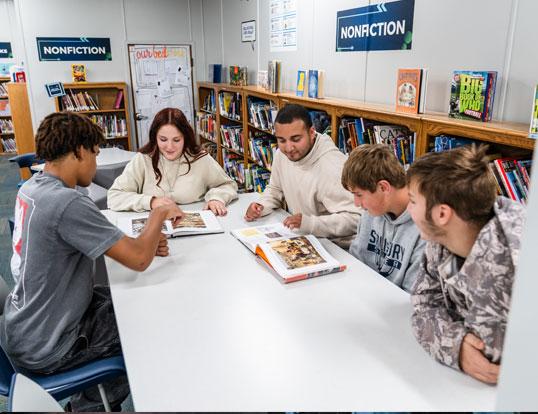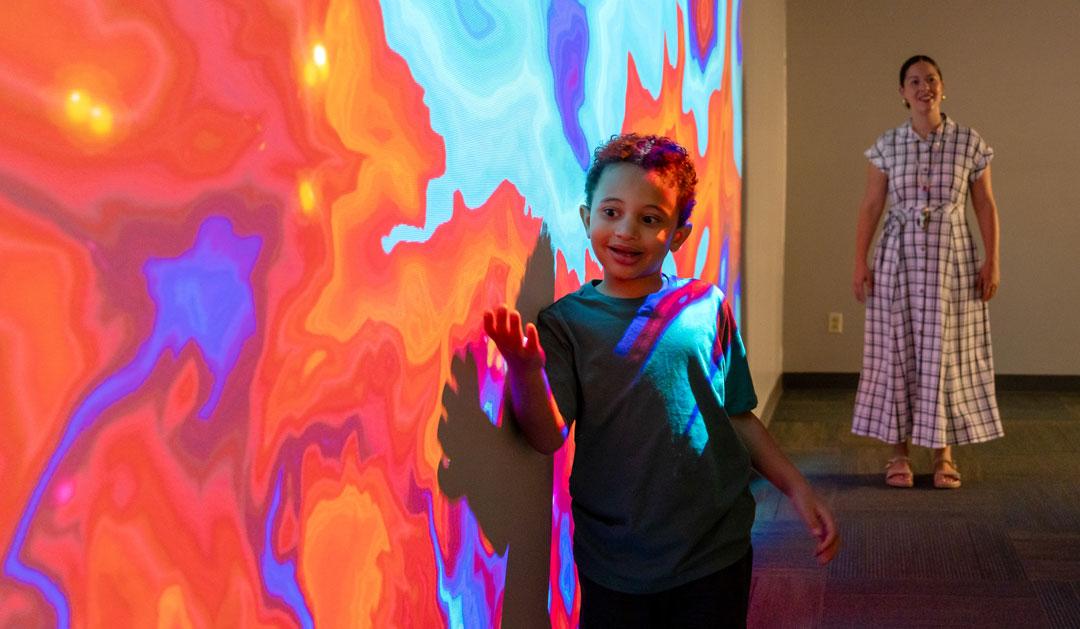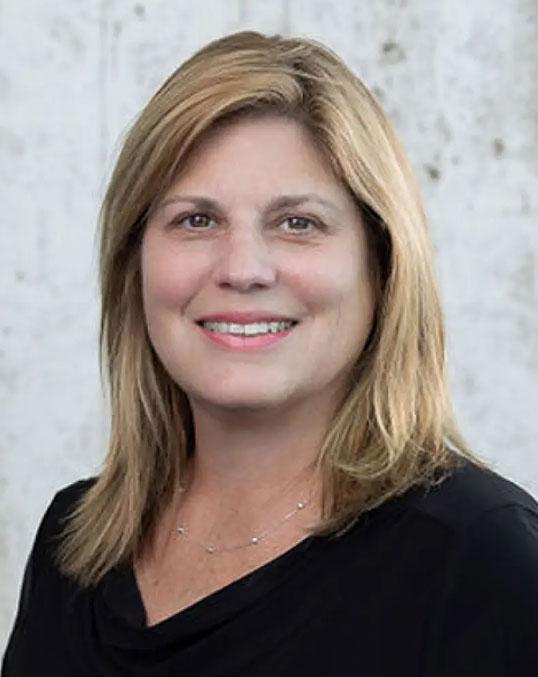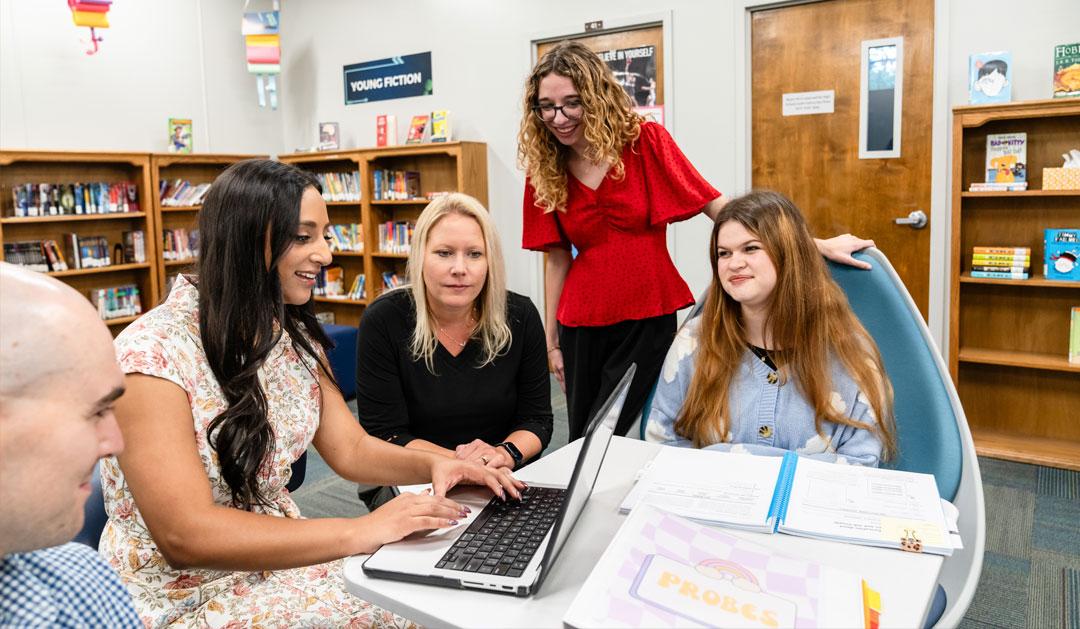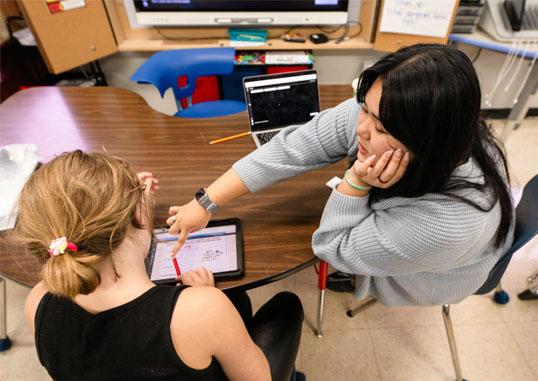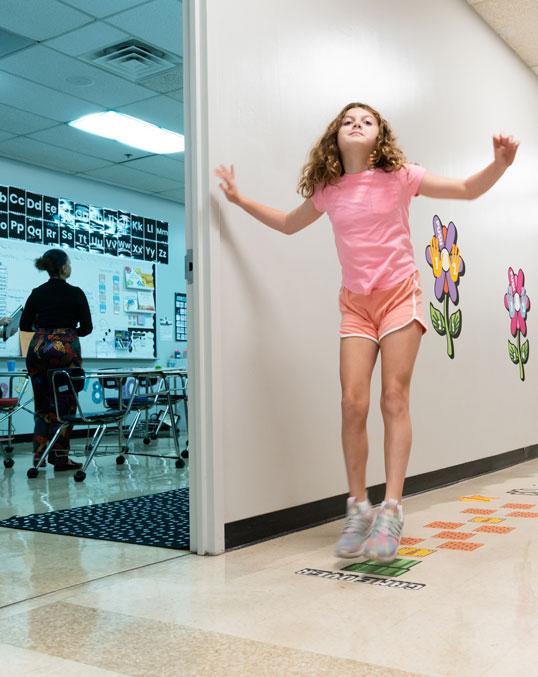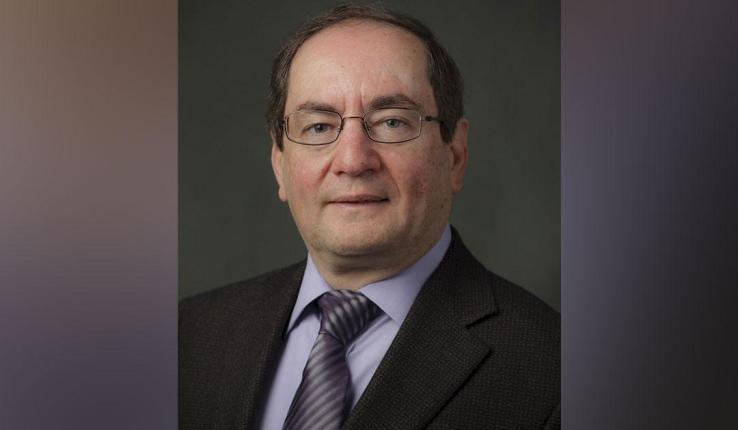For students who have never been scuba diving, reading a story about a deep sea diver that includes technical terms, such as a buoyancy control device or a regulator, could be difficult to comprehend.
But imagine if students were able to immerse themselves in the environment they were learning about without ever leaving the classroom. Envision the comprehension they would gain by feeling like they were alongside the scuba diver as they inflate or deflate their buoyancy control device and experience the effect it has on the diver.
Celebrating its 60th anniversary, Centennial School, an Approved Private School, operating 180 days per year serving students with emotional disturbance and autism, is aiding student comprehension by allowing students to experience the topics they’re learning about through its Immersive Learning Center (ILC). Centennial School, affiliated with Lehigh’s College of Education, has often been ahead of the curve in its approach, research and structure, and its ILC is no different.


